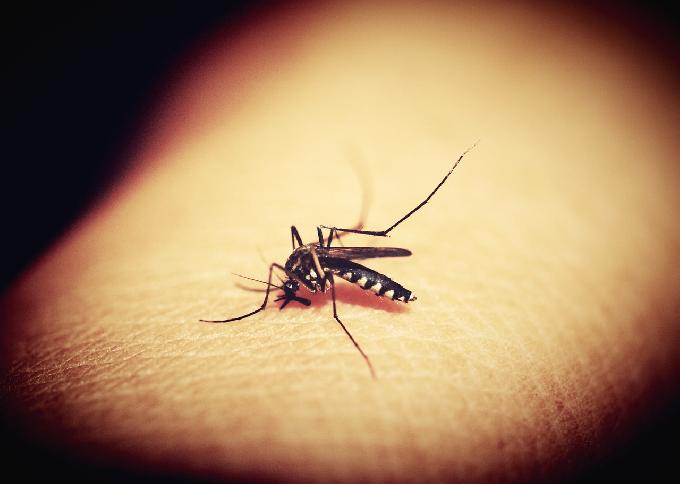Mosquitoes are the world’s deadliest animals. According to World Health Organization (WHO), mosquito bites result in more than 1 million deaths annually.
Mosquitoes spread diseases by acting as carriers of viruses and other pathogens. A mosquito that bites a person infected with a virus passes it on to the next person it bites.
Researchers have discovered that some of these viruses alter the smell of their host to attract more mosquitoes.
These hitchhiking viruses make their victims smell more attractive to the blood-sucking bugs, leading to more bites that allow a virus to spread.
Simple observational research
The researchers set a bunch of mosquitoes loose in a glass chamber with infected and uninfected mice. Researchers observed that more mosquitoes chose to fly toward the infected mice over the uninfected mice.
But Zika-infected mice emitted less carbon dioxide than uninfected mice
So, to rule out carbon dioxide as a reason why mosquitoes were attracted to the infected mice, researchers placed a filter in the glass chambers to prevent mice odor from reaching the mosquitoes. They noticed that the number of mosquitoes flying toward infected and uninfected mice was comparable.
Microbiologists isolated 20 different gaseous chemical compounds from the scent emitted by the infected mice. They discovered that the chemical ‘acetophenone’ attracted the most mosquitoes, infected mice produced up to 10 times more acetophenone than uninfected mice.







